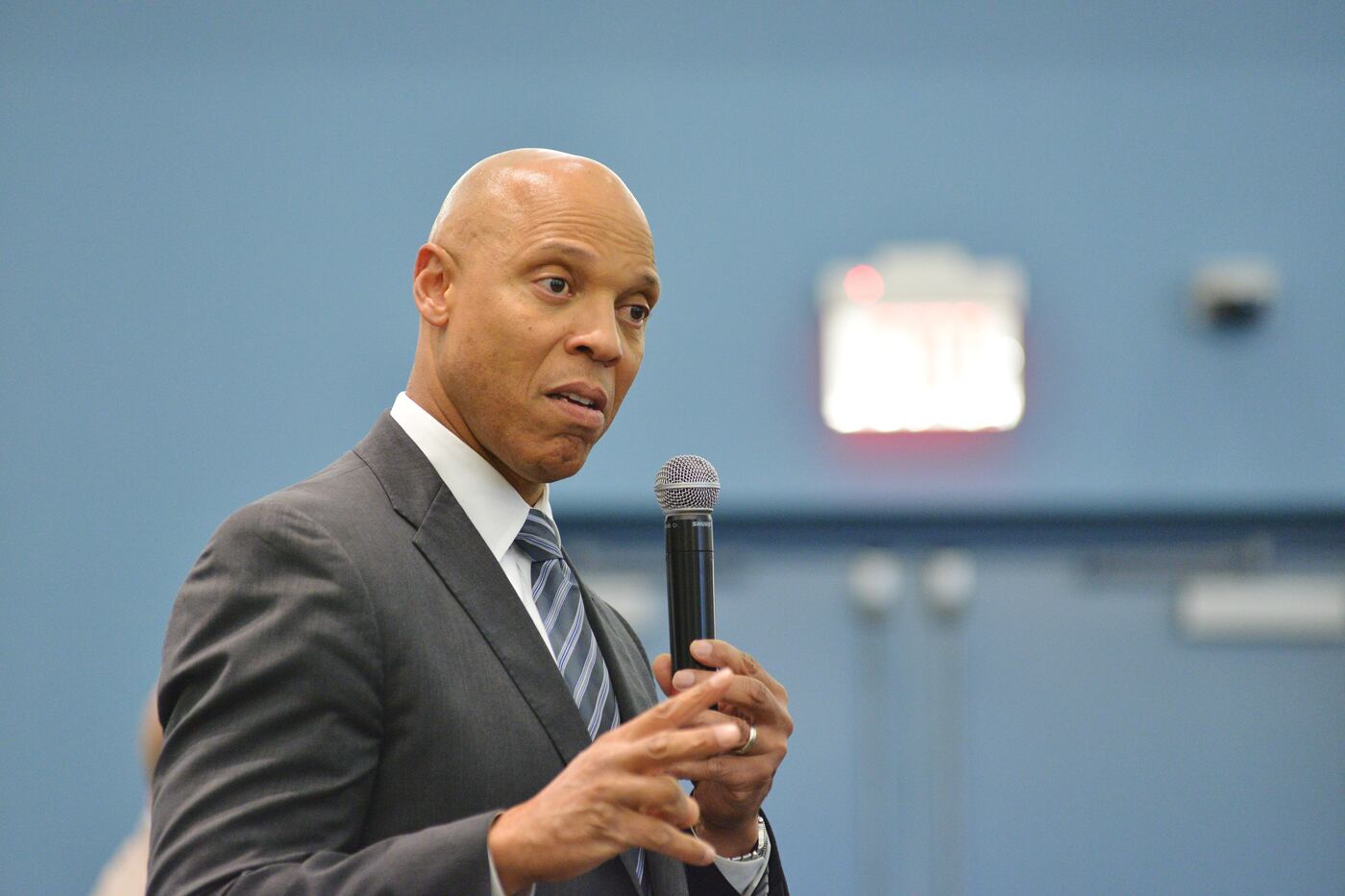Teachers in Philadelphia say they were blindsided by the district’s proposal to change school start times - some by as much as two hours - for the coming school year.
Under the proposal, schools would start at three possible times, 7:30 a.m., 8:15 a.m. and 9 a.m. Right now school times vary, with many starting at 8:30 and earlier times for some students.
Superintendent William Hite said the district is considering the change in start times because of concerns about a shortage of bus drivers. During a virtual press conference Thursday he said the district has been in “constant communication” with teachers about the proposal.
But members of the Philadelphia Federation of Teachers and Teamsters Local 502: CASA, the principals union, said communication on the proposed schedule change was poor. They also criticized the process for staff members to vote on the proposed changes.
In a statement Thursday, the PFT said, “To have sweeping schedule changes implemented from the central office is unacceptable and is in stark contrast to the school-based process that is in place.”
The teachers union said the changes would “pose extreme hardships on students, staff, and families.”
District officials originally intended for high school students to start their day later, Hite said. But a draft of the proposed schedules show high schools starting at the earliest proposed time. Hite said some of the schedules “may have evolved” with feedback.
At Thursday’s Board of Education meeting Hite said the district is expecting a shortage of bus drivers, based on the experiences of other school districts.
“We’re anticipating that as a challenge, and we’re already seeing that with our normal recruitment efforts, like with our contractors, finding drivers, we are anticipating that being a real issue, and we have followed, like the other transportation services, both in the surrounding districts and here in the city, and all are struggling with that problem,” Hite said. “And if they’re all struggling with that problem, we’re anticipating that will be a problem for us.”
Board member Mallory Fix Lopez said she was concerned “we are creating more problems” by trying to solve another one. She also said it was late to be making such a big change.
Hite said nothing has been finalized and it will be “in the next month or so” as the district continues to get feedback.
Some teachers and principals say they were given little time to discuss the proposal. This process is to take place at the school level with the intervention of a joint federation-district committee if necessary.
In the spring of each year, the principal in each school is to design a master schedule or roster for the next school year, according to the official contractual process. If the principal and the building committee don’t reach a consensus on a master schedule or roster for the school by May 25, the principal and building committee have five working days after May 25 to submit to the federation-district committee a memorandum that describes areas of consensus and defines issues on which they continue to differ.
“Last Friday I began getting texts from some of my staff telling me there were bell schedules out that people were very concerned and principals were upset and teachers who had been informed by perhaps their principals were concerned about it and I said I had not seen anything,” said Jerry Jordan, president of the PFT.
Amanda Dorneman, a teacher and building representative at Richard Wright Elementary School, said there was not much time to meet as a building committee with the school’s principal.
“Part of our contract states that we need to meet to discuss roster and scheduling and agree upon that by a certain contractual date,” Dorneman said. “It made it difficult for everyone to come to an agreement because we were caught off guard.”
Robin Cooper, president of the principals union, said there was not enough time to brainstorm possible strategies around the early start. “That takes time and planning with your teams,” she said. “We don’t want principals to be the face of inadequate planning.”






